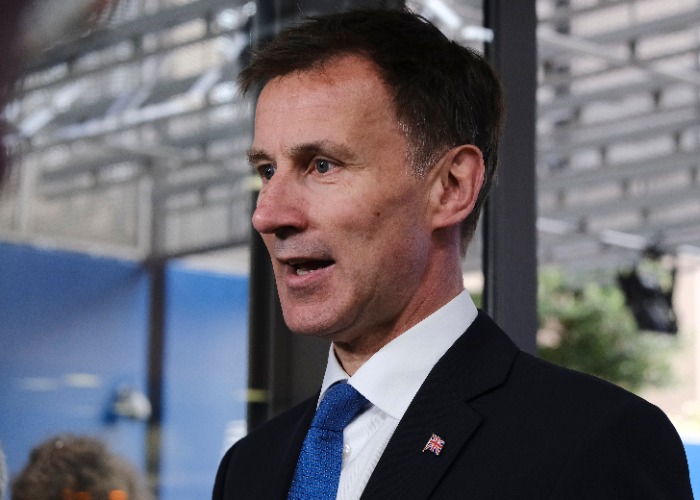Income Tax, energy bills, Alcohol Duties: what Jeremy Hunt’s statement means for you

The latest Chancellor has ditched almost all of the announcements from last month's mini Budget.
The Government’s mini Budget back in September has been an economic disaster, leading to a sharp decline in the value of the pound and big increases to the costs of Government borrowing.
It has also resulted in mortgage rates jumping significantly, making life far more testing for those hoping to buy a new property or refinance.
The fallout from the mini Budget saw Kwasi Kwarteng removed as the Chancellor of the Exchequer last week, replaced by former Health Secretary Jeremy Hunt.
And in a bid to calm the markets, and get the nation’s finances on surer footing, Hunt has now announced his own planned changes, which will be followed by a statement in Parliament.
Here’s what Hunt had to say, and what it means for your finances.
Income Tax
The plan had been for the basic rate of Income Tax to be dropped to 19% from next April.
While Hunt emphasised that he wanted to see that rate fall at some point, it would instead stay at 20% and remain at that level “indefinitely”.
Energy Price Guarantee
The Energy Price Guarantee was the biggest measure in the mini Budget - and indeed the biggest idea from the Government to date.
The idea was that the unit cost of gas and electricity would be fixed for two years, meaning that the typical household would pay around £2,500.
However, while the guarantee remains in place, its timeline has been cut dramatically. It will now only last until April, while the Treasury carries out a review to establish what further energy bill measures can be introduced from that point.
According to the Chancellor, by trimming the length of the guarantee, it will encourage more “energy efficiencies”, while the Treasury works out a way to support those most in need, without spending quite so much on a universal scheme.
Ironically for a statement that’s supposed to provide certainty, at least to the markets, this move will actually cause greater uncertainty among households.
We now have absolutely no idea what help will be in place within just a few months, once again making it incredibly important for individual households to look afresh at their own energy use.
We’ve highlighted some simple steps you can take today to ensure that your energy use doesn’t end up breaking the bank in the months ahead.
Stamp Duty
Stamp Duty is a big consideration for anyone purchasing a property ‒ it’s a tax paid based on the transaction price.
Kwasi Kwarteng announced back in September that the threshold at which point you start paying Stamp Duty would be increased from £125,000 to £250,000, and this tax cut has been retained by the new Chancellor.
Corporation Tax
We already knew about this one, with the Prime Minister last week confirming that the Government was dropping its planned cut to Corporation Tax.
Corporation Tax had been due to increase from 19% to 25% in April next year, but one of the key announcements in the mini Budget had been that this increase would be scrapped.
However, the increase will go ahead once more.
Dividends Tax
Some people who own their own businesses are paid in the form of dividends, rather than through a formal salary.
The rate of tax paid on these dividends was increased by 1.25 percentage points earlier this year, in line with the National Insurance increase, with the idea that the money raised would go towards funding the NHS and social care.
While Hunt is retaining the pledge to scrap that National Insurance increase, he is also retaining the increase to Dividends Tax.
Alcohol Duties
In the mini Budget, Kwarteng had announced that duties charged on alcohol would be frozen from February next year for 12 months.
The new Chancellor said that this freeze will not go ahead, a move which the Treasury reckons will be worth approximately £600 million.
IR35
Finally, reforms to off-payroll working rules, which are known as IR35, were due to be repealed from April next year.
These rules are supposed to prevent self-employed workers from ‘gaming’ the system and reducing their tax bill, but Kwarteng had announced those reforms would be junked.
However, Hunt has said they will in fact remain in place.
Comments
Be the first to comment
Do you want to comment on this article? You need to be signed in for this feature